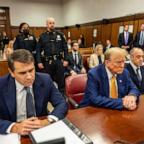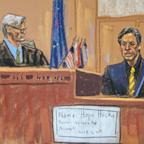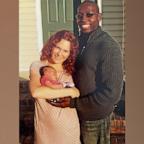Conservatives set to be the biggest party in UK election, exit poll suggests
But the party might not have a majority.
— LONDON -- U.K. Prime Minister Theresa May's Conservative party will be the largest party, but might not have a majority, according to the U.K. general election exit poll.
The Conservatives could get 314 MP seats once all votes have been counted in Thursday's election, according to the NOP/Ipsos MORI poll for BBC/ITV/Sky. The number of seats needed to have a majority is 326.
Main opposition party Labour would get 266, the Liberal Democrats 14, The Scottish National Party 34, and UKIP none, the poll suggests. In total, 30,450 people were interviewed for the exit poll as they left from 144 polling stations across the U.K.
If the Conservative party does not get a majority of seats, it raises questions about who will govern the U.K. in the future. If that happens, two or more parties can form a coalition and agree to govern the country together. The party with the most seats can also try to govern with a minority -- but if the party doesn't get enough support on an important vote, it might force a new general election.
The first election results are expected before midnight local time. Final results are due by noon local time on Friday.
In total 650 members of Parliament will be elected -- but the U.K. is not voting for a new prime minister; usually the political party that wins the most seats in the House of Commons forms the new government and its leader then becomes prime minister.
The elections were held amid tightened security after recent attacks on London Bridge and Manchester Arena. The general threat level in the country is set to “severe,” meaning an attack is highly likely as the country faces “unprecedented times,” according to a senior police official.
“We appreciated that these are unprecedented times and together with our partners we continue to do everything we can to help protect the public,” Lucy D’Orsi, deputy assistant commissioner and head of protective security at the National Police Chiefs Council, said ahead of the election.
“Security around polling stations is constantly being reviewed and updated by local police forces. Plans are in place to make sure that resources are appropriately allocated and that these plans are flexible and can be enhanced at short notice should it become necessary.”
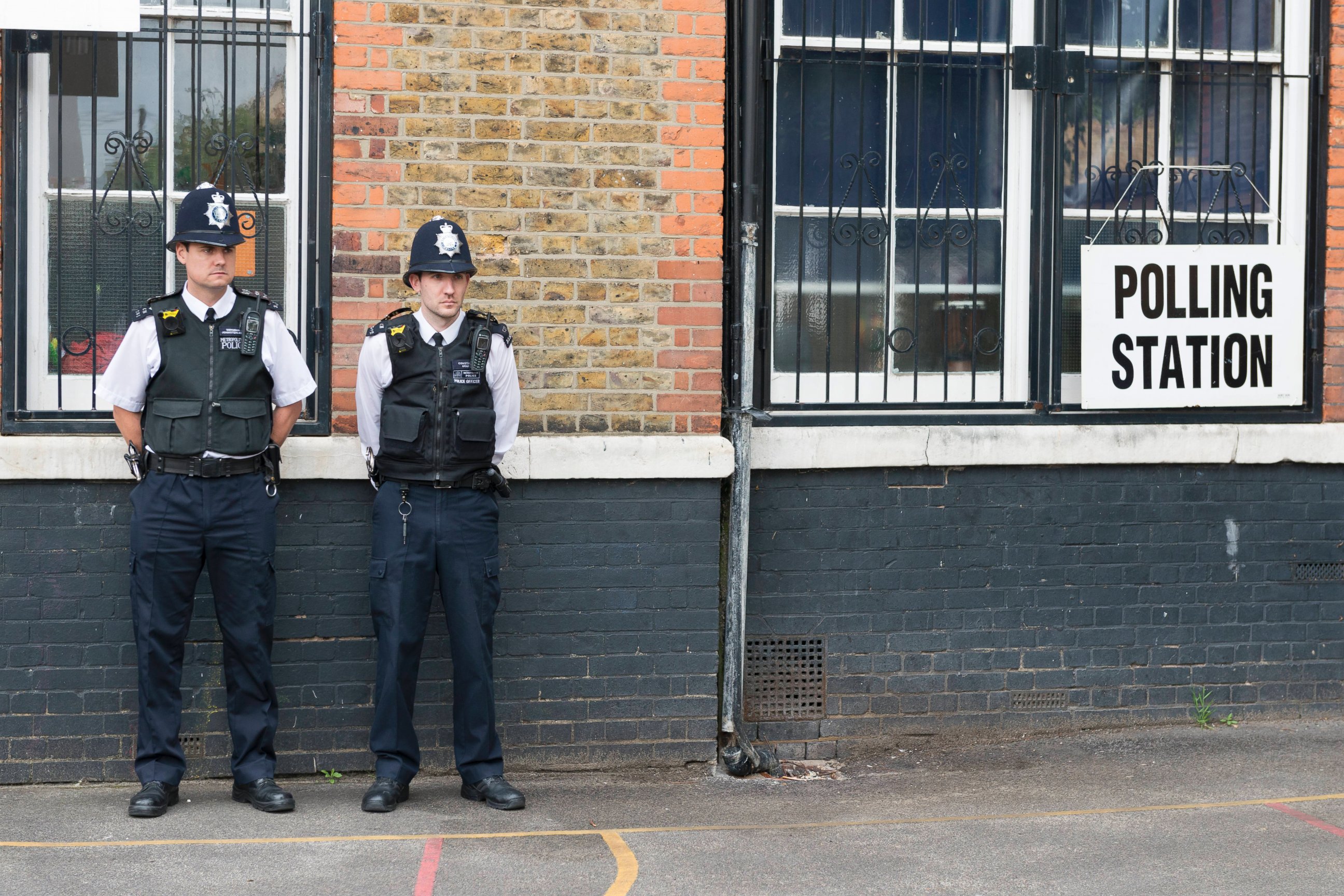
London’s Metropolitan Police also said that a security operation would be in place on polling day, ready to respond to any potential incident if needed.
"Following the attack on Saturday night a full review of the policing operation for Thursday, June 8 has been carried out,” the Metropolitan Police said in a statement.
Prime Minister Theresa May and her main opponent, Labour's Jeremy Corbyn, were pictured earlier today as they cast their votes.
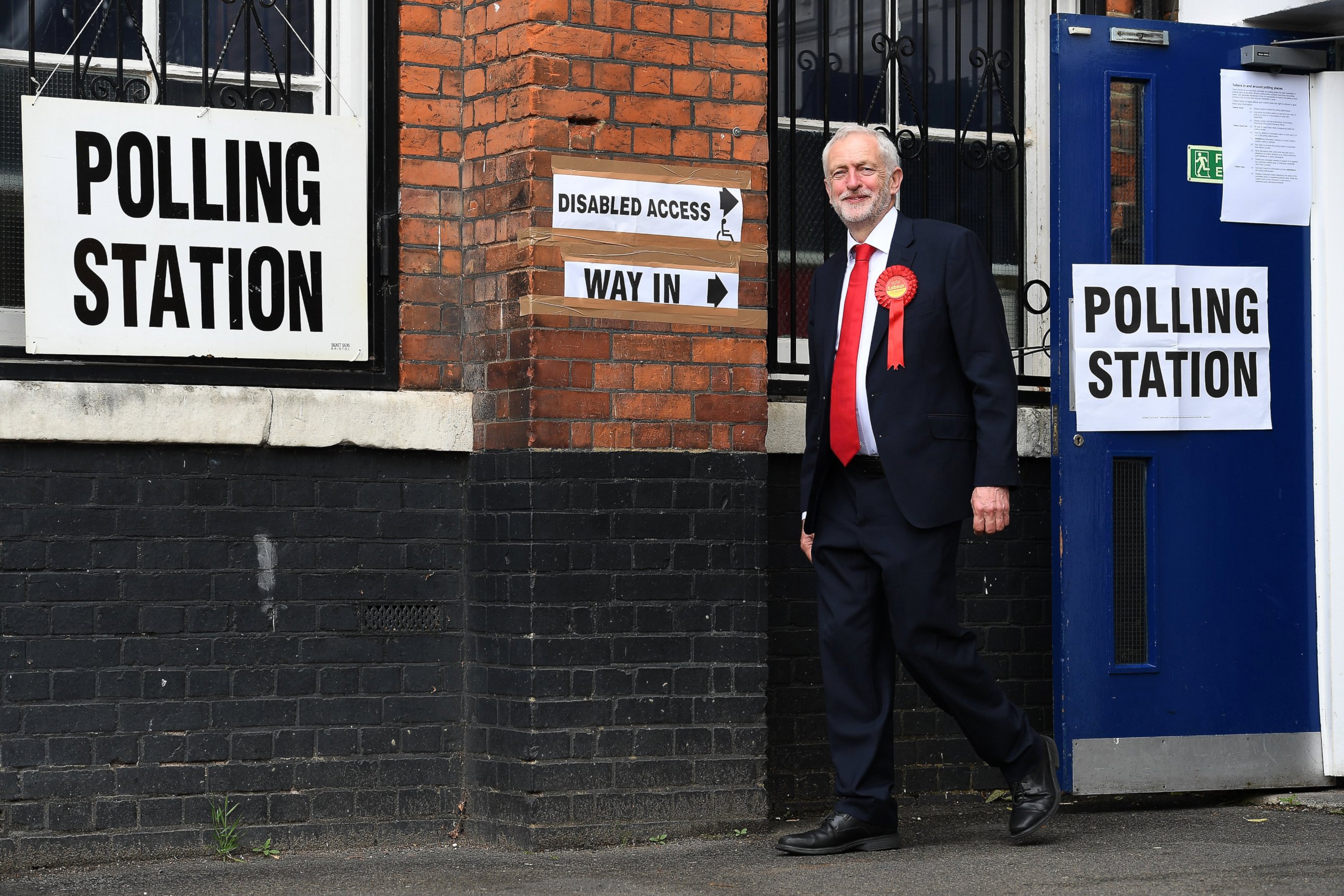
About 46.9 million people were registered to vote, an increase from the last general election in 2015 in which 46.4 million were registered.
May called the snap election in April in an attempt to increase her party's majority in Parliament ahead of negotiations with the European Union about the British exit of the bloc. At the time, polls predicted a big lead for her party.
But since then, May lost popularity over her campaigning style and some of her social care policies, including a so-called "dementia tax" that would force elderly to pay more for their care.
A very personalized, almost presidential style of campaigning has contributed to the Conservative Party’s apparent loss of support, said Mark Goodwin, lecturer at the department of political science and international studies at the University of Birmingham in England.
“Theresa May has been in British politics for quite a long time, but she is not somebody with a huge media profile or who is associated with particular policy positions,” Goodwin told ABC News ahead of election day. “She seems to have found it very difficult to kind of do the baby-kissing part of campaigning.”
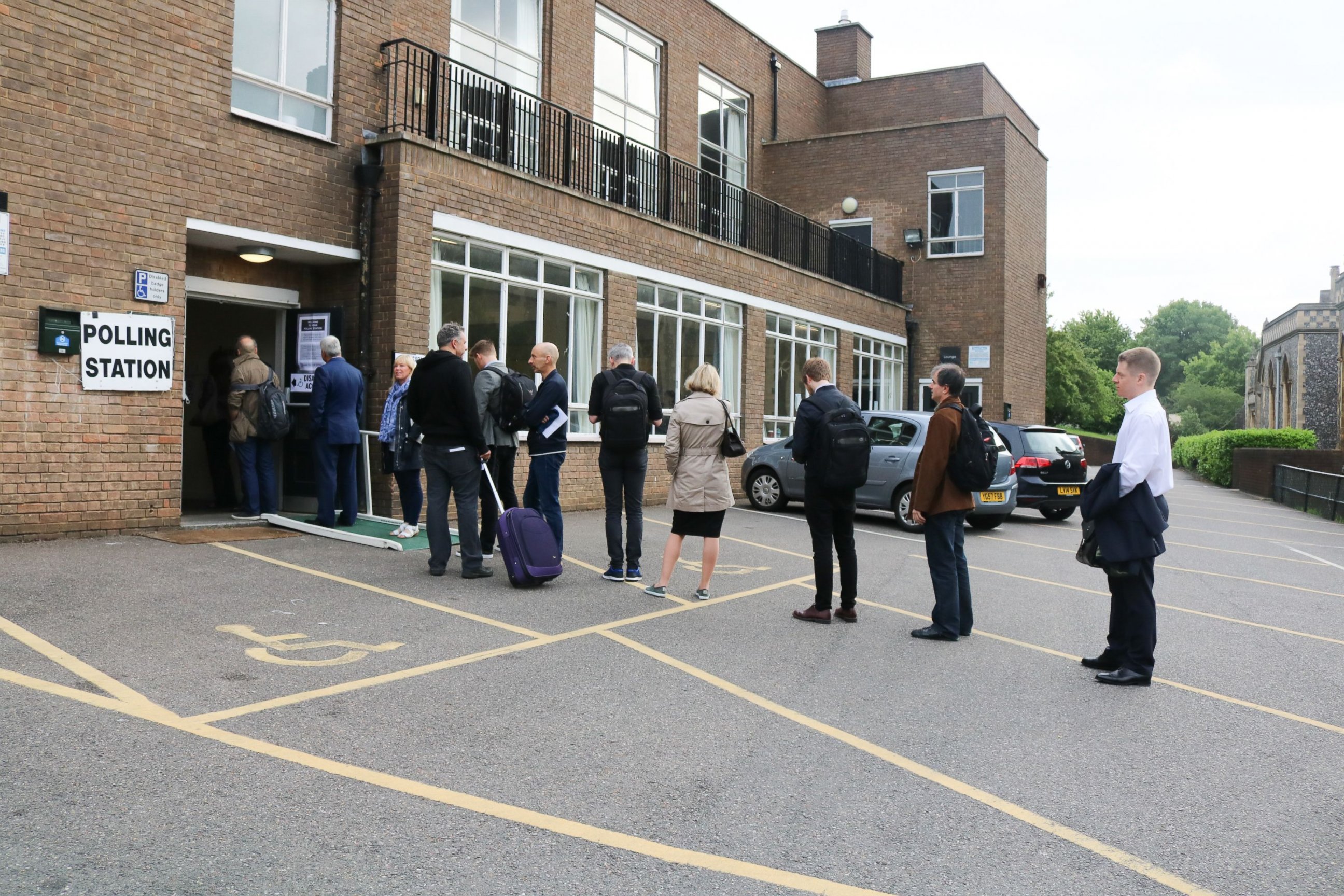
May’s political rivals criticized her when she chose to stay away from a televised election debate on May 31. Corbyn showed up and at one point asked: "Where is Theresa May, what happened to her?"
“There is no doubt that the Conservative Party failed to match the initial expectations of a convincing landslide,” Matthew Goodwin, professor of politics and international relations at the University of Kent, England, told ABC News via email one day before the election. “The campaign period has seen considerable volatility, including two terrorist attacks, a u-turn on the major policy issue of social care and an upsurge of public support -- at least in the polls -- for Jeremy Corbyn and the Labour Party.“
Even though the gap between the Conservatives and Labour tightened, polls had generally predicted that the Conservatives would win a majority of votes.
